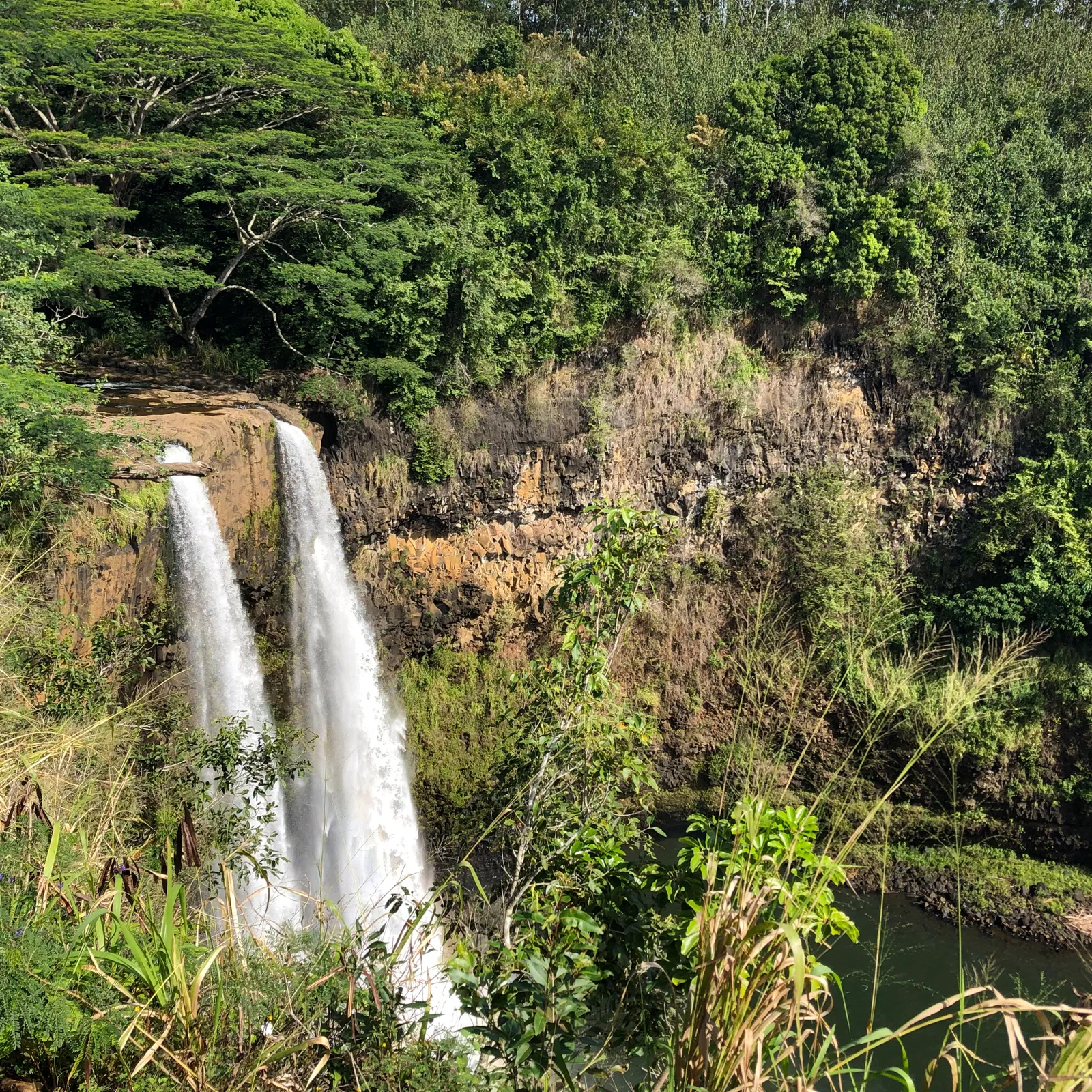I brought in some Special Guests to help me incorporate some exploration of fermented foods, and some new hands-on projects, for this topic. Thank you to Ms. Jamie and Ms. Shelby for generously sharing your time, your energy, and your starter cultures!
Friday, October 18
Morning
- start gelatin plates (distilled water, unflavored gelatin, sugar, salt)
Afternoon
- put together the Waseca Biomes Tree of Life, look at fact file cards
- review Linnaean system of classification (Kings Play Chess on Fine Grains of Sand) and scientific names
- look at eight samples of yogurt and find Live Active Cultures in the ingredients list
- Stonyfield Organic Probiotic Whole Milk - Plain
Oui - Peach
Chobani Greek Yogurt Blended - Pumpkin & Spice
Chobani Non-Dairy Coconut Based - Strawberry
Icelandic Provisions Traditional Skyr - Peach Cloudberry
Siggi's 0% Milkfat - Mixed Berries & Acai
Noosa - Blueberry
Libre Whole Milk Yogurt - Ecuadorian Mango
- presentation from Kombucha Special Guest (Ms. Jamie) with background on fermentation in general and kombucha in particular
- start batch of kombucha (1 gallon water, 1/4 cup loose leaf jasmine tea, 1 1/2 cups sugar, SCOBY), taste sweetness of initial water/tea/sugar blend, sample and taste tartness and carbonation in some finished batches (Peach Jasmine and Strawberry Jasmine)
Kombucha Crafter's Logbook
my special journal for keeping track of our notes! - swab eight places in the house and add to prepared gelatin plates
Friday, October 25
- review Tree of Life, scientific names & kombucha from last week
- explain Kings Play Chess on Fine Grains of Sand for human beings (Kingdom Animal, Phylum Chordates, Class Mammals, Order Apes, Family Hominids, Genus Homo, Species sapiens)
- look at and sketch results of gelatin plate experiments
- presentation from Sourdough Special Guest (Ms. Shelby) about this early method of baking bread which dates way back to Ancient Egypt
- look at and smell sourdough starter, learn about it as an ecosystem with fungus and bacteria, learn about how to make a starter (1/2 cup whole wheat flour, 1/4 cup warm water, wild yeast which is in the air) and its feeding schedule (like taking care of a pet... or a really needy houseplant), answer student questions, begin our own starter (which we have named "Newt" and designated our Science Club mascot)
- taste the still-warm crusty sourdough loaf of bread she made for us!
Starter Sourdough
the book we have of instructions & recipes
Artisan Sourdough Made Simple
the book Ms. Shelby uses for her recipes - art project for asexual reproduction (paint, folded piece of paper)
- discuss evolution and the theory of natural selection
- how long ago did life on our planet begin in order for us to have the massive variety of living things that we have on Earth today?
- introduce 2020 Timeline of Life calendar project for parent gifts

Create Your Own Calendar 8" x 8"
This post contains affiliate links to materials I truly use for homeschooling. Qualifying purchases provide me with revenue. Thank you for your support!







 Immersive Experience
Immersive Experience Immersive Experience
Immersive Experience






No comments:
Post a Comment